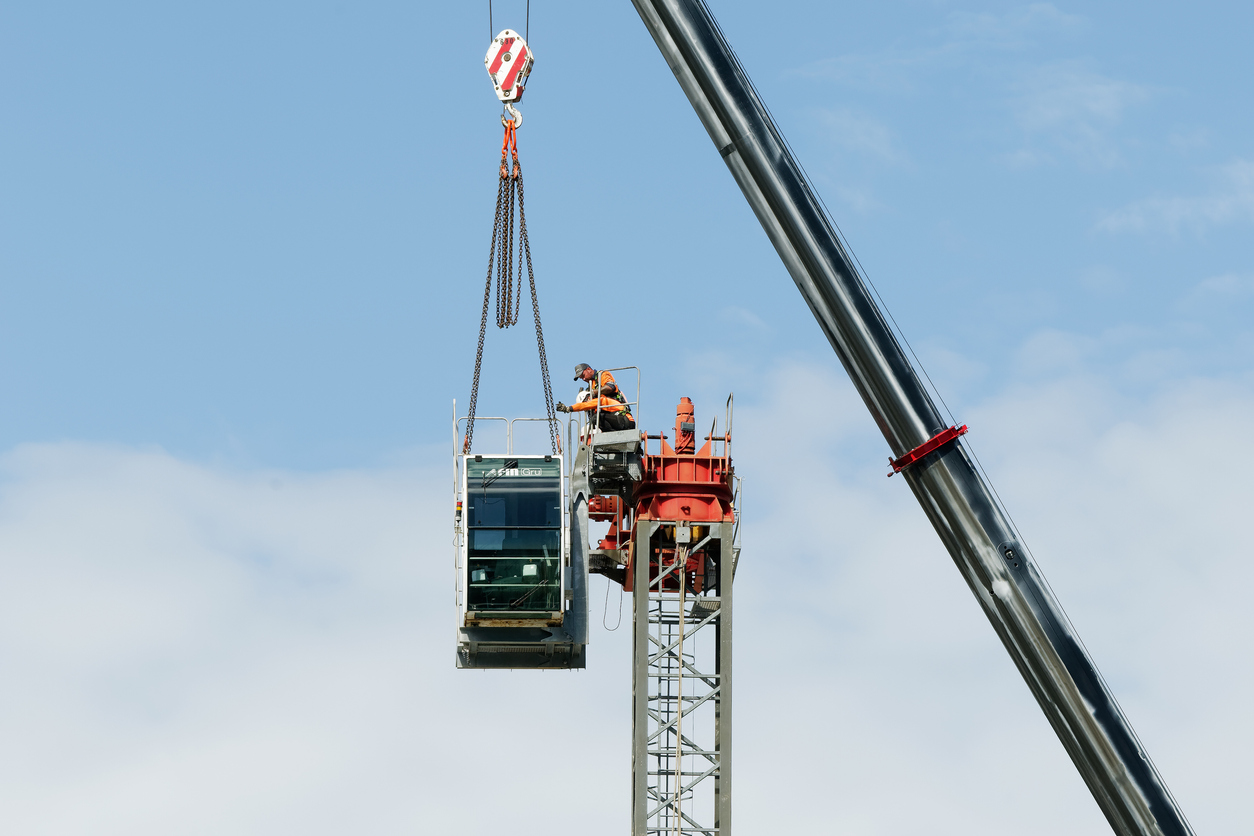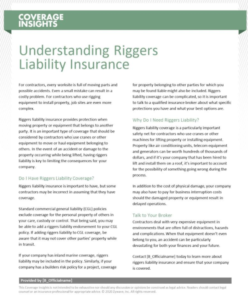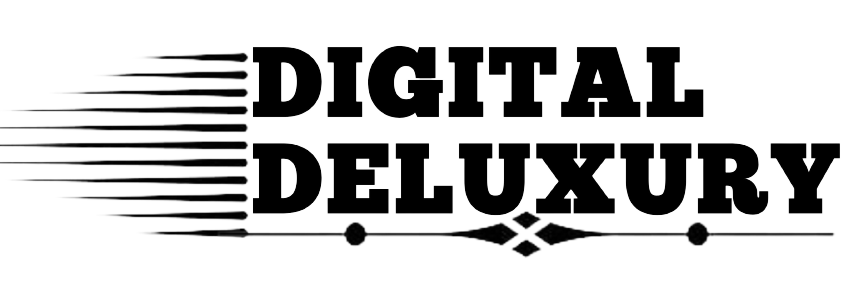Riggers Liability Insurance provides coverage for damages or injuries caused during rigging operations. It safeguards against potential financial losses.
When working with heavy equipment and machinery, accidents can happen unexpectedly. Riggers Liability Insurance offers protection for businesses and individuals involved in rigging activities. This type of insurance is crucial in the construction and industrial sectors where rigging plays a significant role.
By having this coverage in place, companies can mitigate risks and ensure they are financially protected in case of any untoward incidents. Let’s delve deeper into the importance and benefits of Riggers Liability Insurance for those operating in high-risk environments.
Introduction To Riggers Liability Insurance
Riggers Liability Insurance provides coverage for companies involved in lifting heavy equipment or structures. It safeguards against property damage and bodily injury risks during rigging operations, offering peace of mind to businesses in the construction and industrial sectors.
Riggers are professionals who are responsible for moving and lifting heavy equipment and machinery. Their job involves significant risks, and any mistake could cause severe damage to the equipment, property, or even human life. Riggers Liability Insurance is designed to protect riggers from financial loss resulting from accidents and damages that may occur during rigging operations. This type of insurance coverage is essential for any business that engages in rigging operations. In this blog post, we will discuss the importance of Riggers Liability Insurance and why it is crucial for riggers to have specialized insurance coverage.Essential Coverage For Rigging Operations
Riggers Liability Insurance provides coverage for property damage, bodily injury, and other liability claims that may arise during rigging operations. This insurance policy covers the cost of repairs or replacement of damaged equipment, as well as medical expenses for injured parties. It also covers the legal costs associated with defending against liability claims. Riggers Liability Insurance is an essential coverage for businesses that engage in rigging operations, as it provides financial protection against unforeseen accidents and incidents that may occur during the job.Why Riggers Need Specialized Insurance
Riggers face significant risks and challenges while performing their job. They deal with heavy equipment and machinery, which can result in property damage or bodily injury if something goes wrong. Standard liability insurance policies may not provide adequate coverage for rigging operations. Riggers need specialized insurance coverage that is tailored to their unique risks and challenges. Riggers Liability Insurance provides the necessary protection for riggers and their businesses, ensuring that they are financially protected against any accidents or incidents that may occur during rigging operations. In conclusion, Riggers Liability Insurance is an essential coverage for businesses that engage in rigging operations. It provides financial protection against unforeseen accidents and incidents that may occur during the job. Riggers face significant risks and challenges while performing their job, and they need specialized insurance coverage that is tailored to their unique risks and challenges. If you are a rigger or a business that engages in rigging operations, it is crucial to have Riggers Liability Insurance to protect yourself and your business from potential financial loss.
Credit: hhriskpartners.com
Scope Of Riggers Liability Insurance
What Does Riggers Insurance Cover?
Riggers insurance covers property damage and bodily injury caused during rigging operations.
- Protection for riggers, crane operators, and third parties involved in the operation.
- Covers equipment used in rigging, such as cranes, cables, and hooks.
Limits And Exclusions To Consider
Policy limits define the maximum amount the insurance company will pay for a covered claim.
Exclusions may include intentional acts, faulty workmanship, and normal wear and tear.
Risks Involved In Rigging Projects
Rigging projects involve a multitude of risks that can lead to property damage, bodily injury, or even fatalities if not managed properly. These risks can result in substantial financial liabilities for rigging companies, making it essential for them to have the right insurance coverage in place to protect themselves and their clients. Let’s explore the common hazards in rigging and how assessing potential liabilities is crucial in this line of work.
Common Hazards In Rigging
When it comes to rigging projects, workers are exposed to various hazards that can jeopardize their safety and the integrity of the project. These hazards include heavy lifting, working at heights, falling objects, structural failures, and rigging equipment malfunctions. Each of these risks requires careful attention and adherence to safety protocols to mitigate the potential for accidents and injuries.
Assessing Potential Liabilities
Assessing potential liabilities in rigging projects involves a comprehensive evaluation of the risks associated with the specific job site, equipment, and personnel involved. This assessment is crucial in determining the appropriate insurance coverage needed to protect against liabilities arising from property damage, bodily injury, and legal claims. Rigging companies must work closely with insurance providers to ensure that they have adequate coverage that addresses their unique liabilities.

Credit: www.scsai.com
Benefits Of Securing Riggers Liability Insurance
Riggers Liability Insurance provides essential protection for businesses involved in lifting and moving heavy equipment. Securing this type of insurance offers a range of benefits that can safeguard your business from potential financial risks and legal liabilities.
Protection Against Claims
Riggers Liability Insurance protects your business from potential claims arising from property damage or bodily injury during rigging operations. This coverage ensures that your business is shielded from the financial burden of legal fees and settlements in the event of a claim.
Financial Security For Your Business
By securing Riggers Liability Insurance, your business gains financial security in the face of unexpected accidents or mishaps. This coverage provides the necessary financial support to cover legal expenses and compensation, preventing these incidents from causing significant financial strain on your business.
Choosing The Right Insurance Provider
When it comes to safeguarding your business, choosing the right insurance provider for your riggers liability insurance is crucial. With the myriad of options available in the market, it’s essential to consider several factors to ensure you select an insurer that meets your specific needs and provides adequate coverage.
Criteria For Selecting An Insurer
Before making a decision, it’s important to establish clear criteria for selecting an insurer. Look for a company with a strong financial standing, a proven track record in the industry, and a solid reputation for delivering reliable and responsive service. Ensure that the insurer understands the unique risks associated with rigging operations and has experience in providing comprehensive coverage for similar businesses.
Comparing Quotes And Coverage
Once you’ve identified potential insurers, comparing quotes and coverage is essential. Request detailed quotes from each provider, and carefully review the extent of coverage offered, including liability limits, exclusions, and additional benefits. Evaluate the policy terms to ensure they align with your specific requirements and provide adequate protection for your rigging operations.

Credit: www.linkedin.com
Cost Of Riggers Liability Insurance
Riggers liability insurance is an essential protection for professionals working in the rigging industry. Understanding the cost of this insurance is crucial for both businesses and individuals. The premium for this type of insurance can be influenced by various factors, but there are also ways to reduce the costs without compromising on the coverage.
Factors Influencing Premiums
Several factors play a role in determining the premiums for riggers liability insurance:
- The nature of the rigging work being undertaken
- The level of experience and training of the riggers
- Previous claims history
- The coverage limits and deductibles chosen
- The location and scope of operations
- The safety measures and risk management practices in place
Ways To Reduce Insurance Costs
There are strategies that can help in reducing the costs of riggers liability insurance:
- Investing in comprehensive safety training and protocols
- Maintaining a strong safety record and implementing risk management practices
- Reviewing and updating coverage limits and deductibles based on the specific needs
- Comparing quotes from different insurance providers
- Utilizing bundled insurance packages for potential cost savings
Claims Process In Riggers Liability Insurance
Riggers Liability Insurance covers claims related to property damage or bodily injury caused by rigging operations. The claims process involves submitting documentation and working closely with insurance adjusters to evaluate and settle claims efficiently. This specialized insurance provides essential coverage for rigging professionals in the event of accidents or mishaps during their operations.
Steps To File A Claim
Initiate claim by notifying your insurance provider with relevant details.
Submit necessary documents such as incident reports and photos promptly.
Cooperate with the insurance company’s investigation process as required.
What To Expect During Claim Settlement
Insurance adjuster will assess the claim and determine the coverage and compensation.
Receive updates on the progress and status of your claim throughout the process.
Upon approval, the settlement amount will be finalized and disbursed accordingly.
Real-world Scenarios And Case Studies
Real-world scenarios and case studies illustrate the importance of riggers liability insurance in protecting businesses from financial risks associated with heavy lifting and rigging operations. These real-life examples highlight the potential liabilities and the critical role of insurance in mitigating them, providing valuable insights for businesses in the industry.
Riggers Liability Insurance is an essential policy for companies that work with heavy machinery and equipment. Accidents can happen at any time, and when they do, they can be costly. In this section, we will explore real-world scenarios and case studies to showcase the importance of Riggers Liability Insurance.Examples Of Claims Handled
One company that had Riggers Liability Insurance had an incident where a crane collapsed, resulting in severe injuries to workers and significant damage to the equipment. The company filed a claim, and the policy covered the medical expenses and equipment repair costs. In another case, a company was transporting a heavy load on a trailer when the load shifted, causing the trailer to tip over. The policy covered the damages to the trailer and the cargo, preventing a significant financial loss for the company.Lessons Learned From Past Incidents
These incidents highlight the importance of having Riggers Liability Insurance. They also emphasize the need to follow proper safety protocols and procedures when working with heavy machinery and equipment. Companies can learn from these incidents and take steps to prevent similar accidents in the future. One lesson learned is the importance of regular maintenance and inspections of equipment. Another lesson is the need for adequate training and certification for employees who operate heavy machinery. In conclusion, real-world scenarios and case studies demonstrate the importance of Riggers Liability Insurance. Companies that work with heavy machinery and equipment must take the necessary steps to mitigate risks and protect themselves from financial loss in the event of an accident.Legal Considerations And Compliance
Before purchasing Riggers Liability Insurance, it’s crucial to grasp the industry regulations that govern your operations.
Compliance with regulatory requirements is essential to avoid penalties or legal issues.
When selecting an insurance policy, make sure it meets all legal obligations and provides adequate coverage.
Review the policy details to confirm compliance with industry standards and legal mandates.
Future Of Riggers Liability Insurance
Riggers Liability Insurance is an essential component of the construction and event industries, providing coverage for damages, injuries, and third-party property. As technology, regulations, and industry practices evolve, the future of Riggers Liability Insurance is set to witness significant changes. Let’s explore the upcoming trends and innovations in the insurance landscape that will shape the future of this specialized coverage.
Trends And Predictions
1. Shift towards Customization: Insurers will increasingly offer tailored policies to meet the unique needs of rigging professionals, allowing for more comprehensive coverage.
2. Integration of Technology: The integration of IoT devices and data analytics will enable insurers to assess risks more accurately and offer personalized premiums.
3. Global Market Expansion: With the growth of international projects, there will be an expansion of insurance offerings to cover rigging operations in diverse geographical locations.
Innovations In Insurance For Rigging
1. Parametric Insurance Solutions: The introduction of parametric insurance will provide rapid payouts based on predefined triggers, streamlining the claims process for rigging incidents.
2. Blockchain for Transparency: Utilizing blockchain technology will enhance transparency in insurance transactions, reducing fraud and improving trust between insurers and policyholders.
3. Risk Management Consultation: Insurers will offer proactive risk management consultation services to help rigging companies mitigate potential hazards and minimize insurance claims.
Frequently Asked Questions
What Is Rigger Liability Insurance?
Rigger liability insurance protects riggers from financial responsibility for accidents and damages during work.
What Is An Example Of A Riggers Liability Claim?
A rigger’s liability claim could arise if a rigger causes damage or injury to property or people while performing rigging work. For example, if a rigger drops a heavy piece of equipment and damages a building or injures someone, the rigger could be held liable for the damages and injuries.
What Is Riggers Liability On A Hook?
Riggers are liable for ensuring hook safety during lifting operations to prevent accidents and injuries.
What Is Hoist Riggers Liability?
Hoist riggers liability refers to the legal responsibility of those involved in hoisting operations. It covers potential damages, injuries, and property loss. This liability ensures safety and compliance with regulations.
Conclusion
Riggers liability insurance is crucial for protecting businesses from potential risks and financial losses. By obtaining this insurance, companies can ensure the safety of their employees and assets while adhering to legal requirements. It provides peace of mind and safeguards against unforeseen circumstances, making it a valuable investment for any business.
